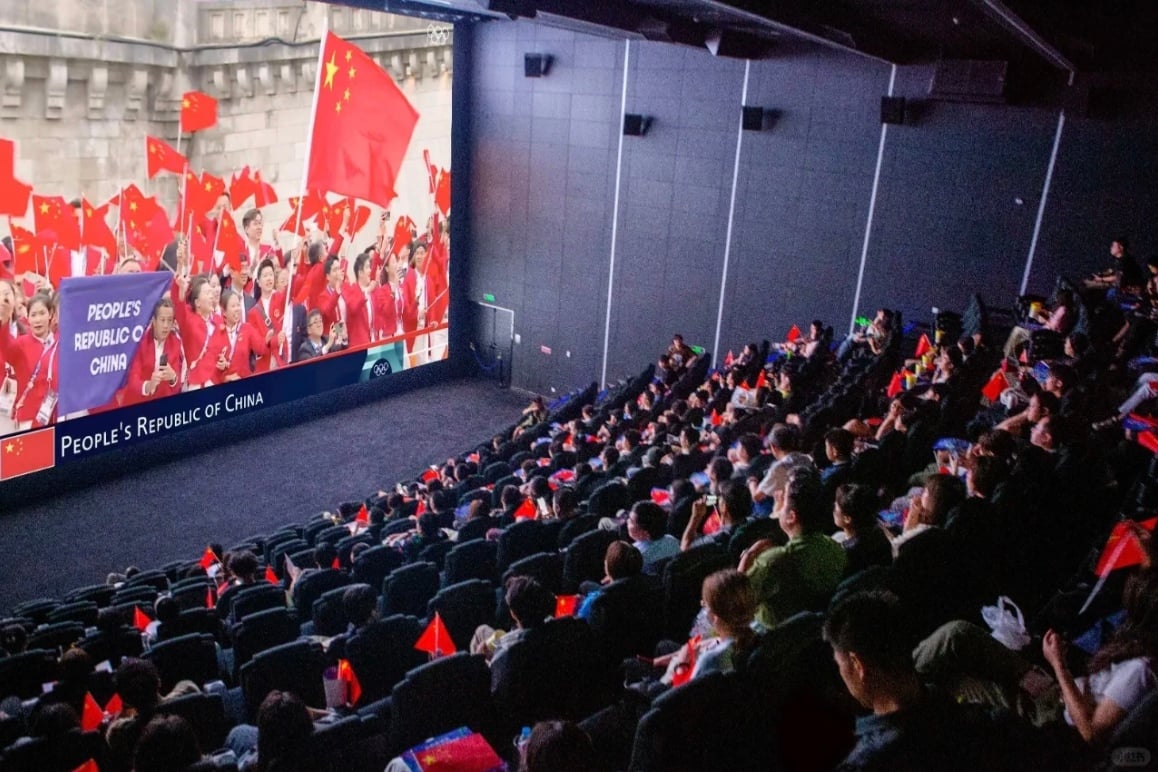The city of Hegang in the northeastern Chinese province of Heilongjiang has recently become a viral sensation online. The hype is primarily due to the fact the city has something that many Chinese Millennials dream of: cheap real estate.
Located just three hours by car from the China-Russia border, the sleepy city was once a quiet mining town.
Hegang attracted nationwide attention after a 25-year-old netizen, surnamed Zhao, shared her experience of purchasing a 46-square-meter apartment there for only 15,000 RMB (about 2,000 USD).
Zhao used to work as an illustrator in Nanjing, a major city in southeastern China with some 8.5 million residents. Despite earning what is considered a decent salary in most urban parts of China (over 10,000 RMB or 1,380 USD per month), Zhao decided to stop wasting money on rent and settle down in Hegang.

As mentioned, Zhao acquired her 46-square-meter apartment in Hegang for 15,000 RMB (about 2,000 USD). According to real estate industry data provider creprice.cn (全国房价行情), a unit of the same size in Nanjing would have set her back 1.6 million RMB (around 221,000 USD).
Hegang seems to be a perfect place to ‘lay flat’ and enjoy a stress-free lifestyle: It’s quiet, there’s little to no traffic, and most importantly, it’s super cheap. Zhao spent another 50,000 RMB (6,900 USD) on renovations to turn her new apartment into her dream home and has started a new life there with her cat.
A hashtag related to her story has gained more than 200 million views on Weibo, China’s top microblogging platform.
Many netizens have marveled over Heilongjiang’s real estate prices and left comments such as, “Only 300 RMB (about 41 USD) per square meter, is this China in the ’90s?!”
However, others have cautioned that Zhao’s experience does not apply to all youth who want to escape the high costs of major cities. Some have pointed out that only those who can continue to earn tier-one salaries while living in third- or fourth-tier cities (aka those who have the flexibility to work from home) can afford to “hack the system” as she did.
In addition to Zhao enjoying a flexible work arrangement, the five-figure salary she earns every month is another reason she can enjoy life in Hegang — a luxury most young people her age might not have.
Government data shows that the average monthly salary for private sector staff in urban areas amounted to 5,240 RMB (726 USD) in 2021. The Covid-19 pandemic has only exacerbated China’s already alarming wealth gap.

Recent years have seen more Chinese youth fleeing big cities in favor of the countryside or less populated cities. The main reason for this migration is twofold: Young people are pursuing low-cost and low-pressure lifestyles amid China’s involuted working culture, and the government is encouraging such efforts to revitalize rural areas.
The trend has spilled over to social media, with content related to bucolic countryside living and country house renovations booming on Xiaohongshu, a Chinese social media platform comparable to Pinterest.
While Zhao’s experience might not be an isolated case, whether opting out of the hustle of big city life is a choice for everybody or a privilege for young urban white-collar workers remains an open question.
Cover image via Unsplash
















